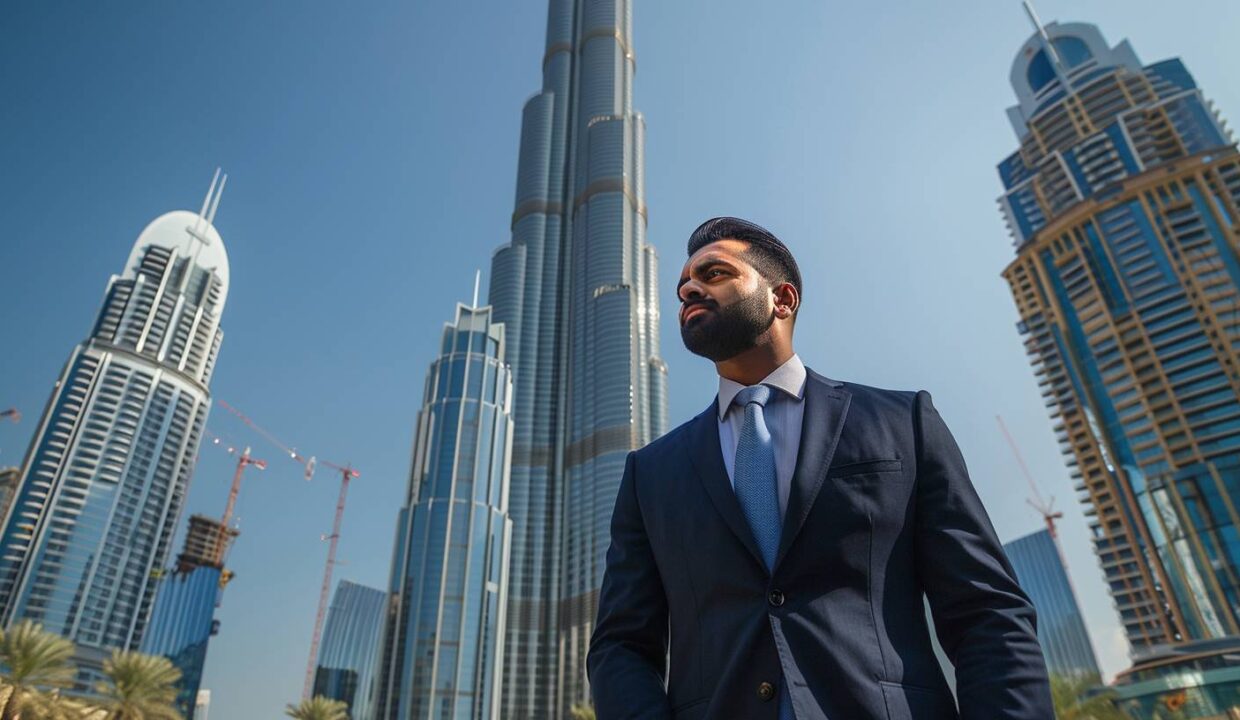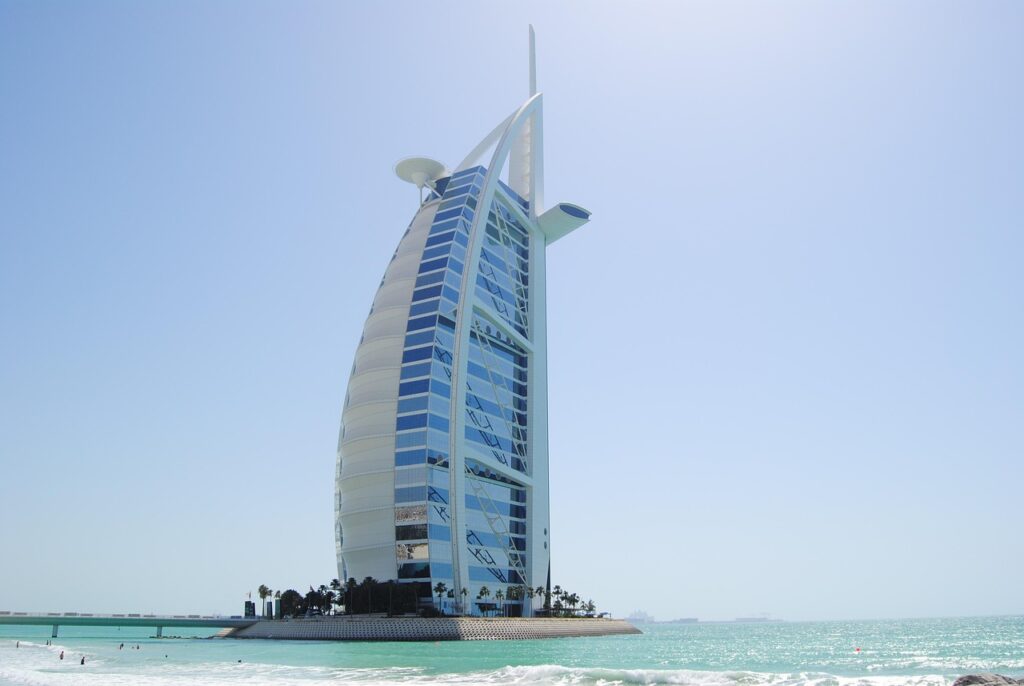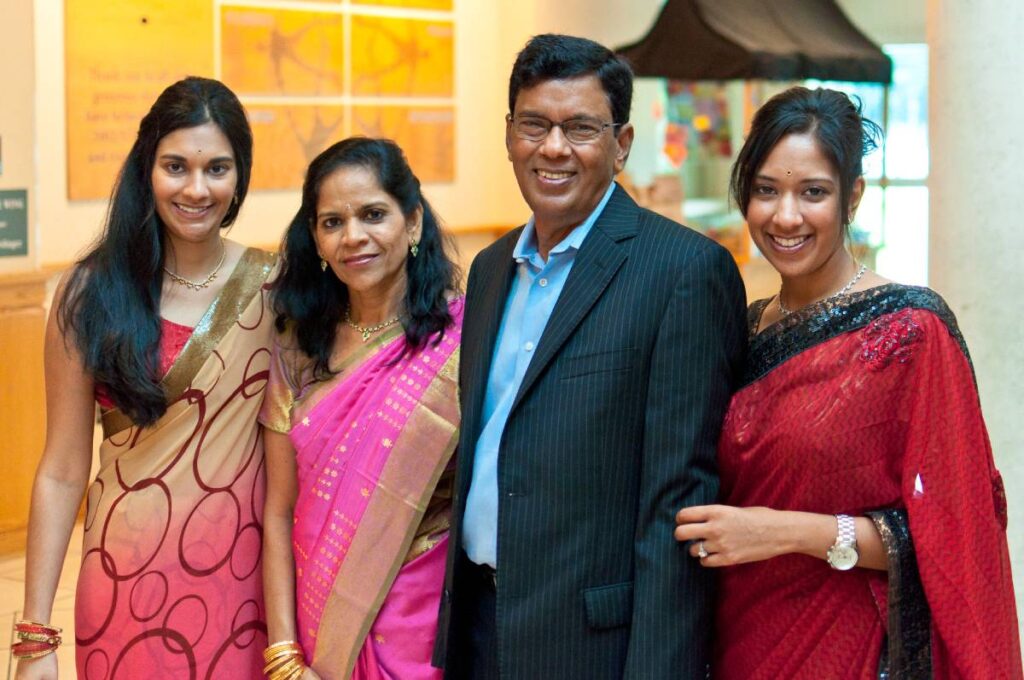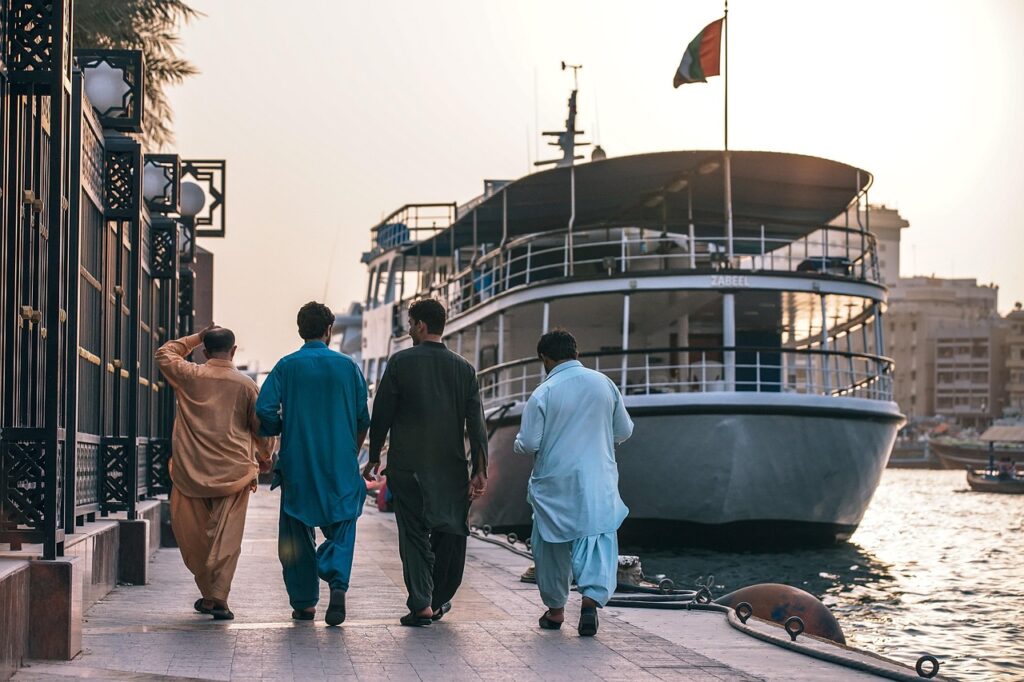
Thinking of relocating to Dubai from India? You’re not alone—many Indian expats are making the move for better job opportunities, tax-free income, and a higher quality of life. However, the process can be overwhelming, from securing a residence visa to adjusting to a new lifestyle in a tropical desert climate.
As you consider this big decision, we’re here to guide you every step of the way. With our expertise, you can navigate visa requirements, understand the cost of living, and make an informed choice. In this article, we’ll cover:
- Visa options
- Job market insights
- Pros and cons of living in Dubai
By the end, you’ll have a clear path forward, ensuring a smooth transition and a brighter future in Dubai!
1. Moving to Dubai from India: Is It the Right Choice for You?
The decision to move from India to Dubai depends on various factors, including career opportunities, lifestyle improvements, and family considerations.
Dubai is a business hub in the Middle East, and its rapidly growing UAE economy provides numerous prospects in sectors such as finance, technology, engineering, and healthcare.
However, before committing, it’s important to understand the logistics of obtaining a valid passport, securing a UAE residence visa, and adjusting to the tropical desert climate.
Visa and Residency Considerations
The first step in moving to Dubai is obtaining a residence visa, which is typically tied to your employment. The UAE government has streamlined the visa process in recent years, but there are various options based on employment, investment, and family sponsorship. For professionals, securing an employment visa or investor visa is common.
Alternatively, Indian families can apply for a dependent visa or family sponsorship to bring their loved ones along. Each type of visa requires specific documents, such as educational certificates, passport-sized photographs, medical fitness certificate, and bank statements.
In addition to the work-related visas, those looking to study in Dubai may need a student visa or even a tourist visa if they are coming for short-term educational programs. It’s essential to check online portals and consult government offices for the latest visa requirements.
See Also Golden Visa Insurance
2. Dubai Bound: Weighing the Pros and Cons of Relocating from India

Thinking about moving from India to Dubai? The city offers exciting opportunities, but it’s essential to weigh the pros and cons before making such a significant decision. In this section, we’ll explore the advantages and challenges of relocating to Dubai, from job prospects to adapting to a new lifestyle, so you can make an informed choice.
Pros:
- High Earning Potential: Dubai offers tax-free income, making it a highly attractive destination for Indian expats. The absence of personal income tax allows you to save more. However, keep in mind that the cost of living, especially in popular areas like Bur Dubai, can be high, particularly when it comes to rent and schooling for children.
- Quality Education: For Indian families seeking quality education for their children, Dubai offers an array of international schools. Schools in Dubai provide curricula from different countries, including the British, American, and Indian systems. However, the cost of international education can be expensive, so it’s important to factor this into your budget.
- Convenient Transportation: The Dubai Metro system is efficient and connects major parts of the city, making commuting relatively easy. This is especially helpful if you’re living in areas like Bur Dubai or Deira, where housing options are diverse, and public transport is accessible.
- Medical Insurance: Healthcare in Dubai is world-class, but health insurance is a mandatory requirement for all residents. You will need to ensure you have comprehensive medical insurance coverage to avoid hefty medical bills. Many employers offer medical coverage as part of the employment visa package.
- Cultural Diversity and Indian Cuisine: Dubai is home to a vibrant community of Indian expats, and you’ll find plenty of Indian restaurants and Indian cuisine throughout the city. This multicultural environment makes it easier to adapt and feel at home while still experiencing the rich local culture and customs.
Cons:
- High Living Costs: Although salaries in Dubai are high, so are living expenses. Rent in popular districts, such as those near the Dubai Metro or Bur Dubai, can be steep. Additionally, items like food, utilities, and schooling for children are costly, making budgeting crucial.
- Local Customs and Laws: Dubai is a modern city, but it is still rooted in Islamic traditions. Understanding and respecting local customs and laws, including dress codes, alcohol consumption, and public behavior, is crucial. Foreigners must also be aware of the legal restrictions around public displays of affection, drinking in public, and certain freedoms that might differ from those in India.
- Employment Dependency: If you hold an employment visa, your visa status is linked to your employer. Losing your job could mean losing your residence status unless you have a job offer letter to present for a new visa application. This dependence can add a level of uncertainty.
3. Is It Worth Moving to Dubai from India? Here’s What You Need to Know
Considering a move from India to Dubai? There’s a lot to think about before making such a big decision, from the cost of living to the visa requirements. In this section, we’ll break down everything you need to know, helping you weigh the pros and cons of relocating to one of the Middle East’s most dynamic cities.
The Job Market
Dubai is an attractive destination for professionals, especially in industries like real estate, finance, technology, and healthcare. Indian expats make up a significant portion of the workforce, and many find great opportunities here.
However, securing a job requires a valid job offer letter, and competition for roles can be tough, particularly in specialized fields.
You’ll need to gather necessary documents such as educational certificates, passport, bank statements, and possibly import permits if you are bringing in specialized equipment for business operations. Also, don’t forget to check the foreigners affairs guidelines to understand how to apply for permits if needed.
Family and Lifestyle Considerations

For Indian families, Dubai offers a high standard of living. Besides educational facilities, Dubai provides excellent health services, entertainment options, and cultural activities. However, the climate can be a challenge for some, with the tropical desert climate causing extremely hot summers.
For families with young children, the availability of quality education and a strong focus on safety and healthcare can make the move to Dubai a positive experience. On the flip side, the high cost of living, including rent and schooling, may require a strong financial plan.
Cultural and Lifestyle Adaptation
Dubai’s official language is Arabic, but English is widely spoken, and signs are typically in both Arabic and English. The city offers a great blend of cosmopolitan living and traditional Arab culture, with plenty of opportunities to experience both.
However, new arrivals must adapt to the local customs and legal framework, which may differ significantly from those in India.
See Also UAE Visa for GCC Residents
4. From India to Dubai: A Comprehensive Guide to Making the Move
When preparing for your move, follow these essential steps to ensure a smooth transition:
- Visa Process: Ensure that you have all the required documents ready for your visa application, whether it’s for employment, business operations, or family sponsorship. This may include passport-sized photographs, birth certificates, and medical fitness certificates.
- Accommodation: Start searching for housing early, especially if you’re considering popular areas like Bur Dubai. The cost can vary significantly based on location and amenities.
- Financial Planning: While Dubai offers tax-free income, the cost of living can quickly add up. Open a local bank account as soon as possible to manage your finances effectively and keep track of your expenses. You’ll also need to show bank statements and possibly proof of funds when applying for certain visas or residency.
- Cultural Integration: Familiarize yourself with Dubai’s local customs and social norms to ensure a smooth cultural transition. Respect for local traditions, including attire and behavior, is essential for blending into the community.
- Medical and Insurance Requirements: Ensure that you have adequate medical insurance coverage, as it’s mandatory in Dubai. Your employer typically provides health insurance, but you may need to supplement it if necessary.
5. Should You Move to Dubai from India? Key Factors to Consider

Making the decision to move to Dubai from India comes down to your personal priorities and goals. Evaluate the following factors:
- Career Growth: Dubai offers many opportunities for career advancement, but it’s important to secure a valid job offer letter and understand the visa requirements for your specific profession.
- Financial Stability: The cost of living in Dubai is high, so it’s important to weigh your potential salary against the expenses you’ll face. Ensure you have the financial means to support yourself and your family.
- Family Considerations: If moving with a family, consider the quality of education, healthcare, and housing. Dubai offers world-class facilities, but they come at a price.
- Cultural Adaptation: Dubai is a melting pot of cultures, but it’s essential to adapt to local customs and understand the legal framework to avoid complications.
Is It Worth Moving to Dubai from India? A Recap

Moving to Dubai from India can be an excellent choice for those seeking career growth, tax-free income, and a high standard of living. Dubai’s booming economy, world-class infrastructure, and diverse expat community offer significant opportunities in various sectors such as finance, healthcare, and technology.
However, it’s essential to carefully consider the higher cost of living, particularly in terms of accommodation, schooling, and healthcare. Securing the appropriate residence visa and understanding the visa requirements are critical steps in making a smooth transition.
Additionally, adapting to the local customs and tropical desert climate may take time, but Dubai’s multicultural environment can help ease the adjustment.
If you’re thinking about relocating to Dubai, it’s worth exploring the available employment visa options, such as family sponsorship or investor visas, depending on your situation. For families, the quality of education and availability of Indian restaurants can make settling in easier, but be prepared for a significant financial commitment.
FAQ
What are the main benefits of moving to Dubai from India?
Moving to Dubai offers several advantages, including tax-free income, better job opportunities, world-class infrastructure, and a high standard of living. Additionally, Indian expats can enjoy a multicultural environment, a thriving Indian community, and access to quality education and healthcare facilities.
What are the biggest challenges Indian expats face when moving to Dubai?
The main challenges include the high cost of living, especially for rent and schooling, visa dependency on employment, and adjusting to the tropical desert climate and local customs. Understanding visa requirements, securing medical insurance, and planning finances effectively are crucial for a smooth transition.








